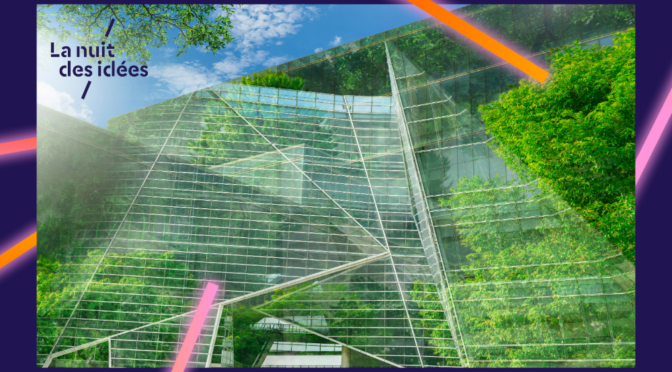
Reinventing our cities in the face of climate and societal challenges
“La Nuit des idées 2025 – Acting for a Resilient City” is organized by the Institut français de Prague and the French Embassy in the Czech Republic, in partnership with CEFRES, AMO and the festival Les 48h pour l’agriculture urbaine. The project is supported by the Institut français de Paris.
Date: April 14, 2025, 6 PM
Location: Cinema Kino 35, Institut français de Prague,
Štěpánská 35, Prague 1
Language of the workshop: English
How can we build cities that are both sustainable and inclusive in the face of growing environmental and social challenges? What will tomorrow’s city look like? What innovative solutions exist for sustainable urban planning? What tools can help create more inclusive and greener cities?
Join us for a thought-provoking discussion on the future of urban resilience and innovation.
Speakers:
- Barbora CHMELOVÁ (Ministry of the Environment / AMO) – Specialist in public policies for sustainability
- Martin ĎURĎOVIČ (Academy of Sciences / CEFRES) – Researcher in urban planning and ecological transitions
- Flore-Anaïs BRUNET (AFAUP) – Urban agriculture specialist and activist
Moderator: Gilles LEPESANT (Geographer, CNRS / CEFRES)
Key Topics:
- Cities and climate resilience – How can we adapt urban infrastructures to extreme weather events (heatwaves, floods, droughts)? What role can nature-based solutions play in making cities more sustainable?
- Urban planning and new development models – How can we balance urban density, land-use efficiency, and quality of life? What tools are available to create more inclusive and accessible cities?
- Circular economy and social innovation – How can cities promote new modes of production and consumption? What impact do urban commons and citizen-led initiatives have on local governance? What role does urban farming play in strengthening cities’ resilience?
- Mobility and energy transition – What are the alternatives to polluting transportation? How can we foster shared, fair, and sustainable mobility solutions?
Find more informations about all the events here.
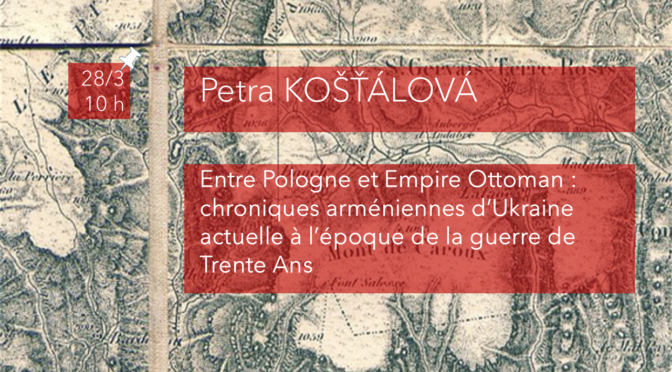
Between Poland and the Ottoman Empire: Armenian Chronicles from Ukraine during the Thirty Years’ War
Fifth session of the 2024-2025 CEFRES Francophone
Interdisciplinary Seminar The Map and the Border
Already in 2023, we started questionning the very act of bordering and representing (a territory, a period, a trajectory). In short, thanks to the interdisciplinarity of our respective disciplines, we began inquiring into the question of the map and the border.
Location: CEFRES, Na Florenci 3, Prague 1
Date: March 28, 2025, from 10am to 12pm
Language: French
Speaker: Petra Košťálová (Institute of Ethnology , Czech Academy of Sciences)
Discussant: Radu Paun (CERCEC/CNRS) & Laurent Tatarenko (CCFEF, Warsaw)
Abstract Continue reading Armenian Chronicles from Ukraine →
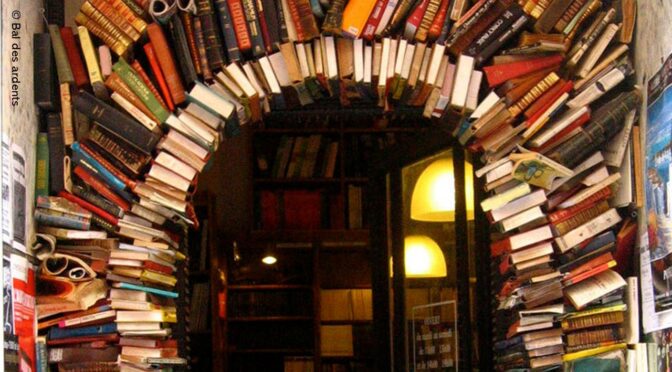
When: 27-29 March 2025
Where: ENS de Lyon, Site Descartes
Language: French, English
Organising Committee:
- Raphaëlle Brin (ENS de Lyon)
- Zoé Carle (Université Paris 8)
- Adrien Chassain (Université Paris 8)
- Sylvia Chassaing (Inalco)
- Hélène Martinelli (CEFRES, Prague)
- Giedrė Šabasevičiūtė (Académie tchèque des sciences, Prague)
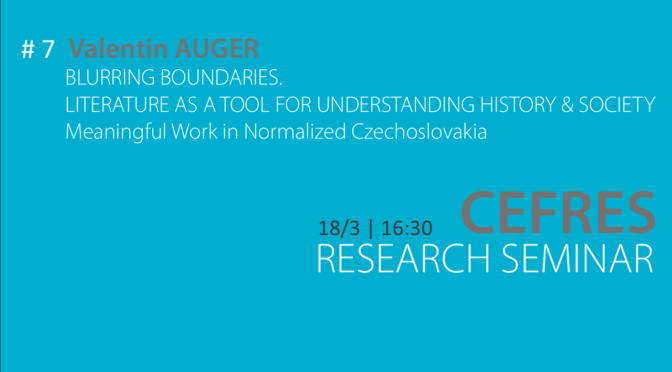
Blurring Boundaries: Literature as a Tool for
Understanding History and Society.
Meaningful work during normalized Czechoslovakia
7th session of CEFRES in-house seminar
Through the presentation of works in progress, CEFRES’s Seminar aims at raising and discussing issues about methods, approaches or concepts, in a multidisciplinary spirit, allowing everyone to confront her or his own perspectives with the research presented.
Location: CEFRES Library and online (to get the link, write to cefres[@]cefres.cz)
Date: Tuesday, March 18, 2025 at 4:30 pm
Language: English
Valentin Auger (Faculty of Arts, Charles University, associated at CEFRES)
Chair: Jan Váňa (Institute of Czech Literature, Czech Academy of Sciences)
Abstract Continue reading Literature as a Tool for Understanding History and Society →
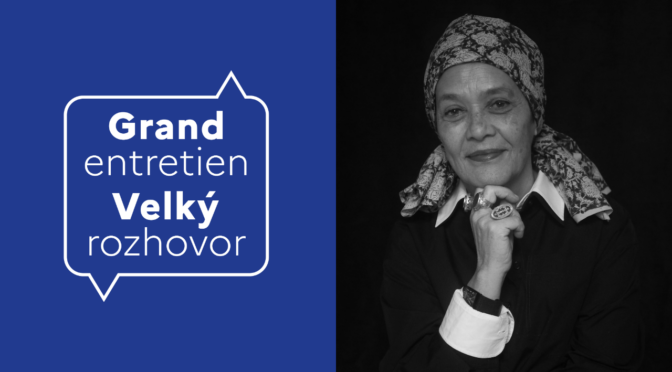
Decolonizing Feminism – Grand Entretien with Françoise Vergès
On the occasion of the publication in the Czech edition of Un féminisme décolonial (La Fabrique, 2019) by Karolinum, CEFRES, the French Institute in Prague and Charles University invite you to a Great Interview with the author Françoise Vergès.
When: Wednesday, March 12, 2025, 6 pm
Location: French Institute in Prague, Štěpánská 35, Prague 1
Language: French with simultaneous Czech interpretation
Moderator: Chiara Mengozzi (CEFRES / Faculty of Arts, Charles University)
Who cleans up the world? With this question, Françoise Vergès introduces a Decolonial feminism, taking as her starting point the underpaid, underestimated work that women, the majority of them racialised, do everyday all over the world, to make a society work. This feminism sees itself as the only one with a true understanding of women’s rights. Françoise Vergès defends an anti-racist and anti-capitalist feminism. Continue reading CANCELED – Grand Entretien with Françoise Vergès →
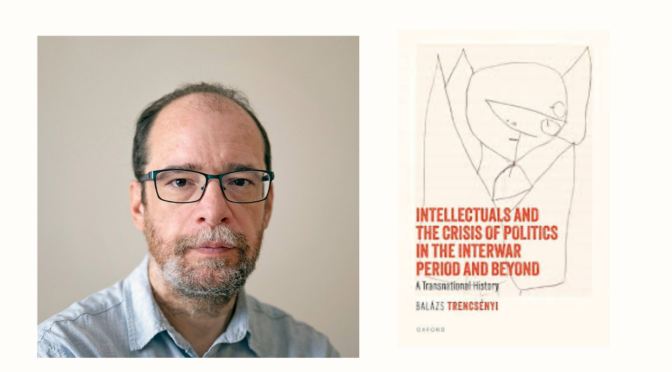
Intellectuals and the Crisis of Politics in the Interwar Period and Beyond: A Transnational History
Balázs Trencsényi — Professor, Department of Historical Studies, CEU, Director of the CEU Institute for Advanced Studies Budapest
A debate organised on the occasion of the publication of Intellectuals and the Crisis of Politics in the Interwar Period and Beyond. A transnational history (Oxford University Press, 2025) by the ERC ‘Memory and Populism from Below’ (MEMPOP) #101076092 with the participation of CEFRES (MEAE / CNRS).
When: March 11, 2025 at 15:00
Where: CEFRES Library, Na Florenci 3, Prague 1 and online (to get the link, please mail us to cefres@cefres.cz)
Language: English
Intellectuals and the Crisis of Politics in the Interwar Period and Beyond maps the range of meanings the term ‘crisis’ has borne and the roles it has performed across disciplines and countries, de-centering the dominant narrative that takes Western European positions and developments as normative.
It especially focuses on the historical roots of two key contemporary contesters of liberal democracy: neoliberalism and populism and presents an innovative analysis of the roots of contemporary illiberalism in Europe. Bringing these ideas into the present day, Balázs Trencsényi offers ideas on how a reflective and self-critical liberal democratic political position could be defined and defended in our current predicament, which is increasingly compared to the interwar period and is often described as a “polycrisis”.






